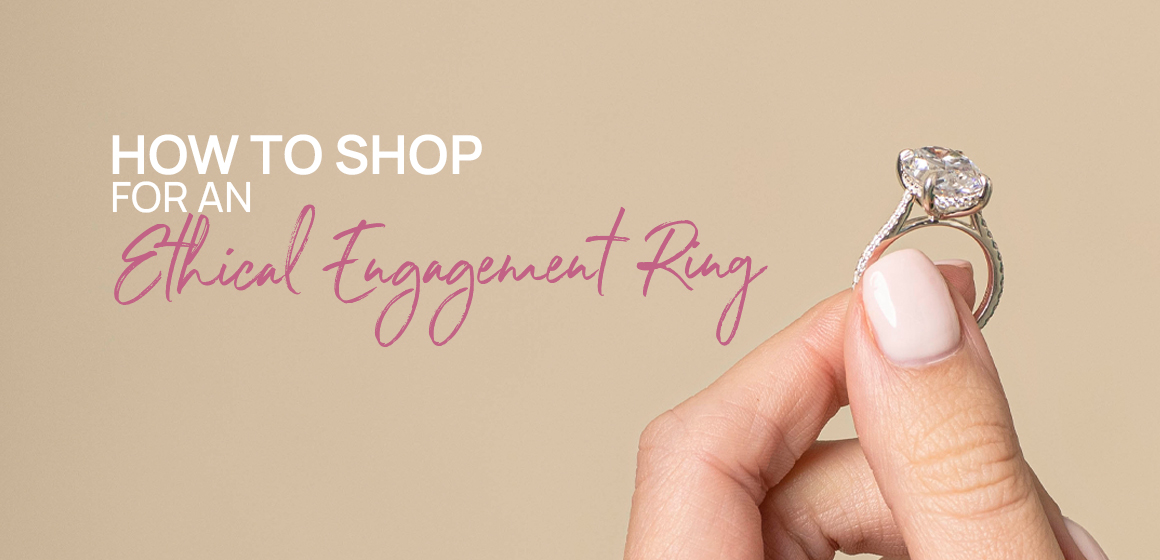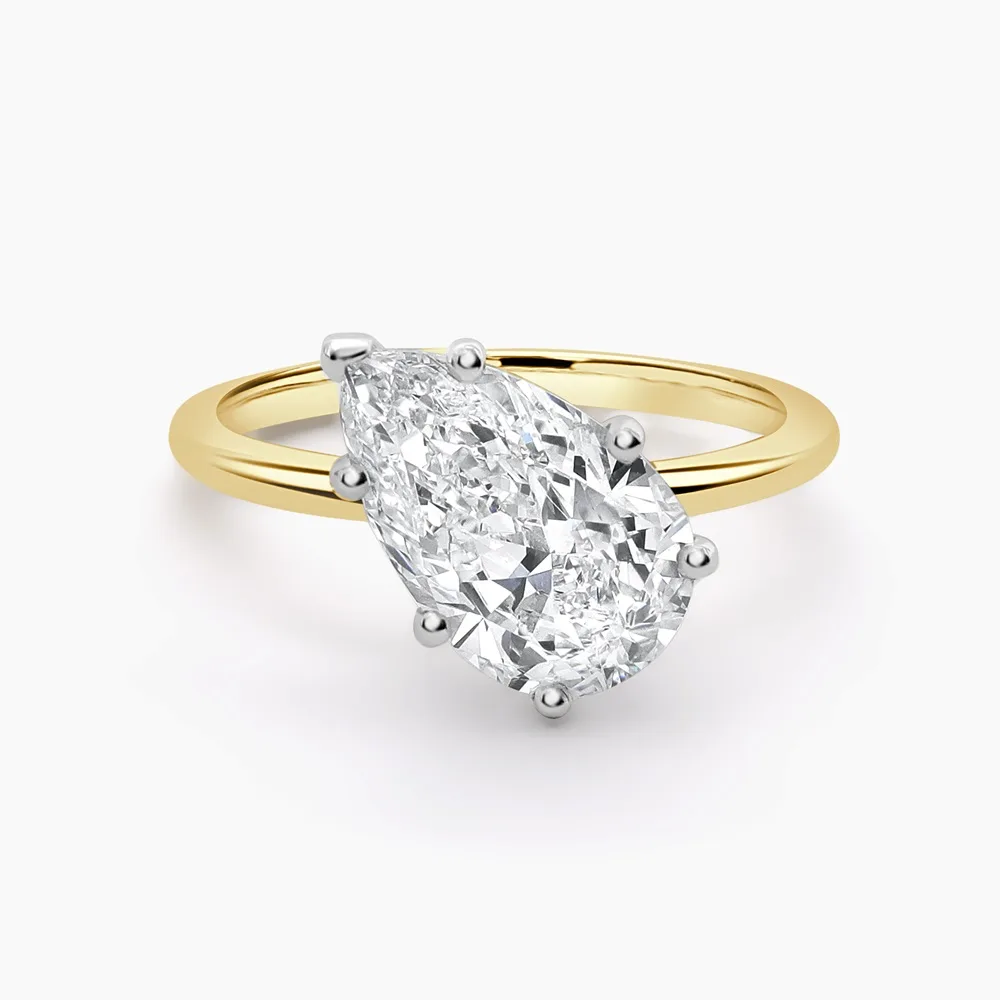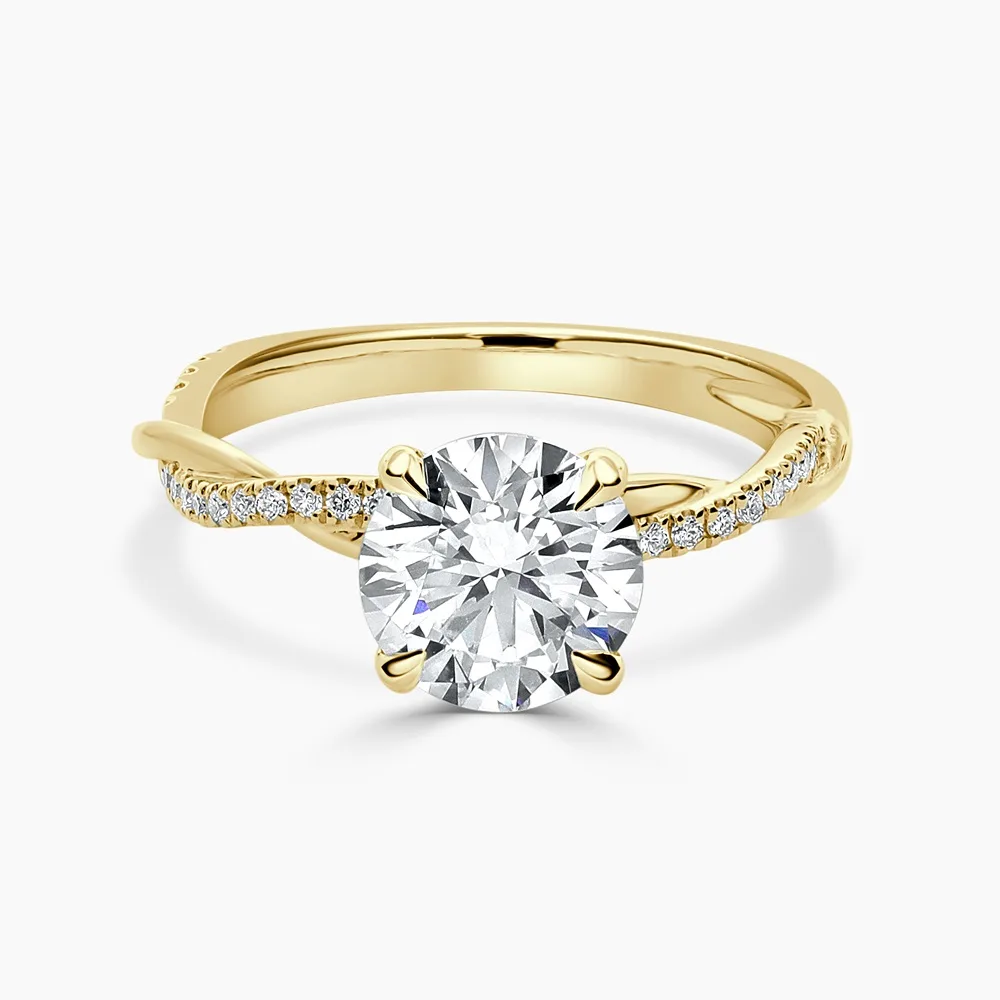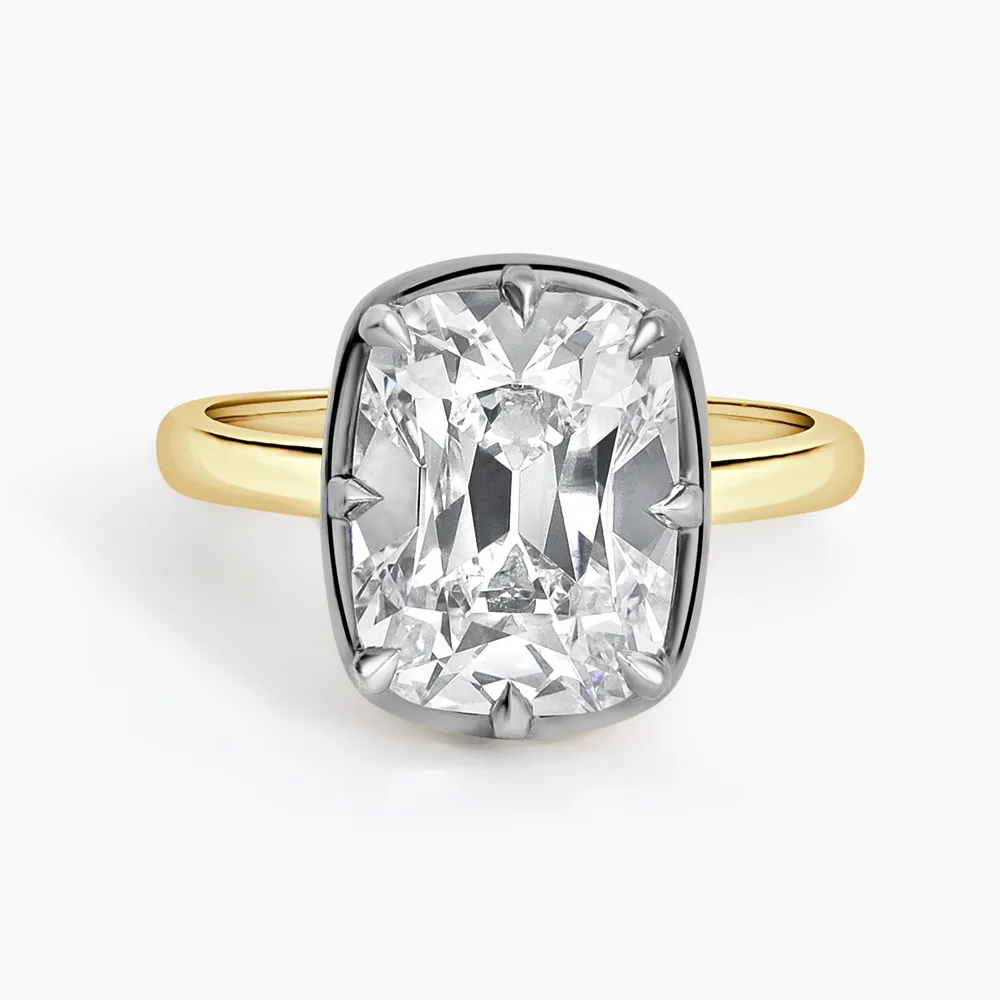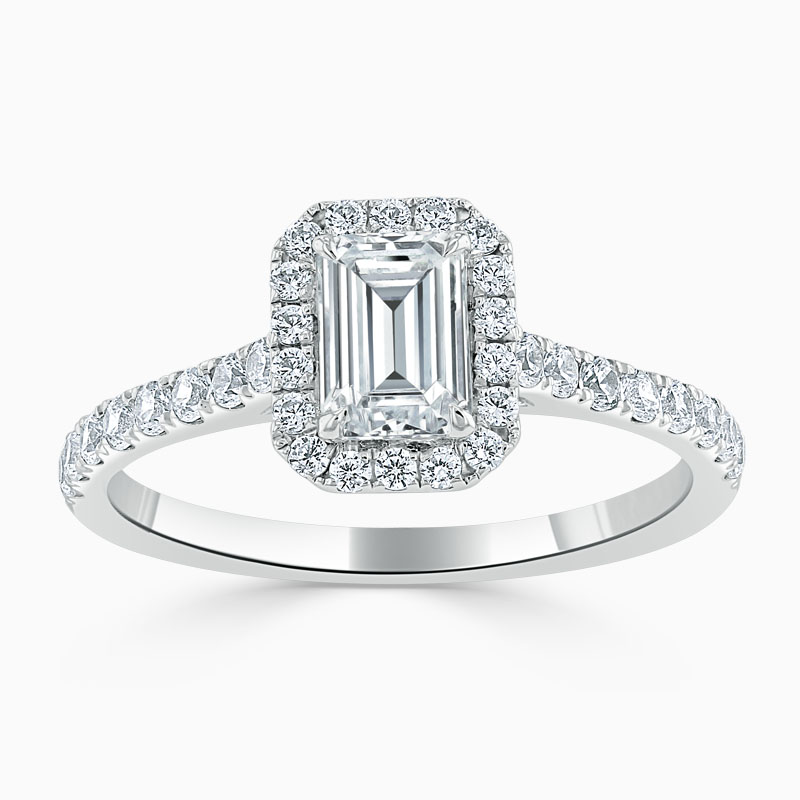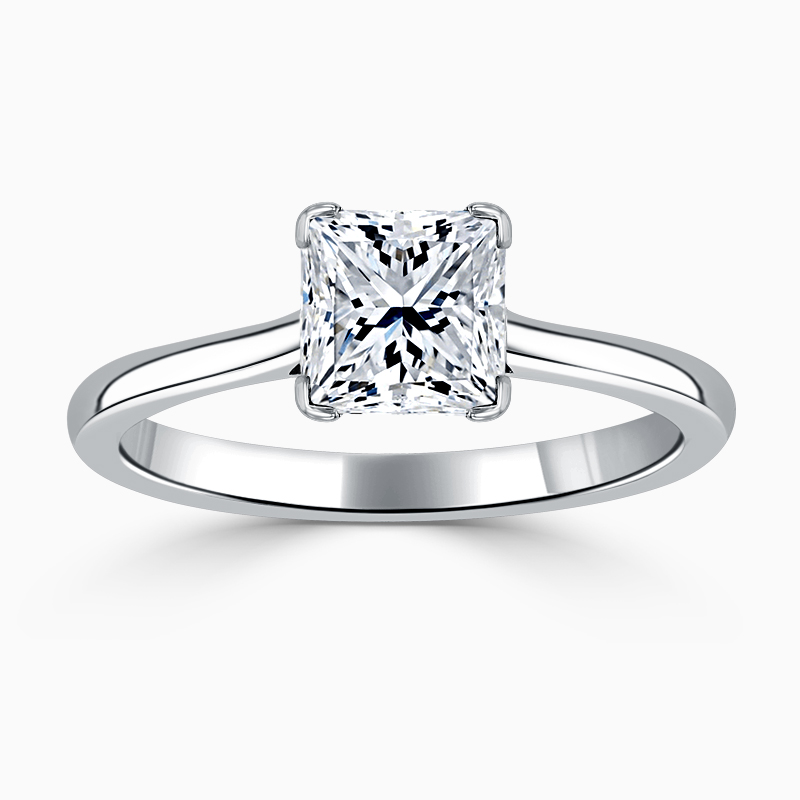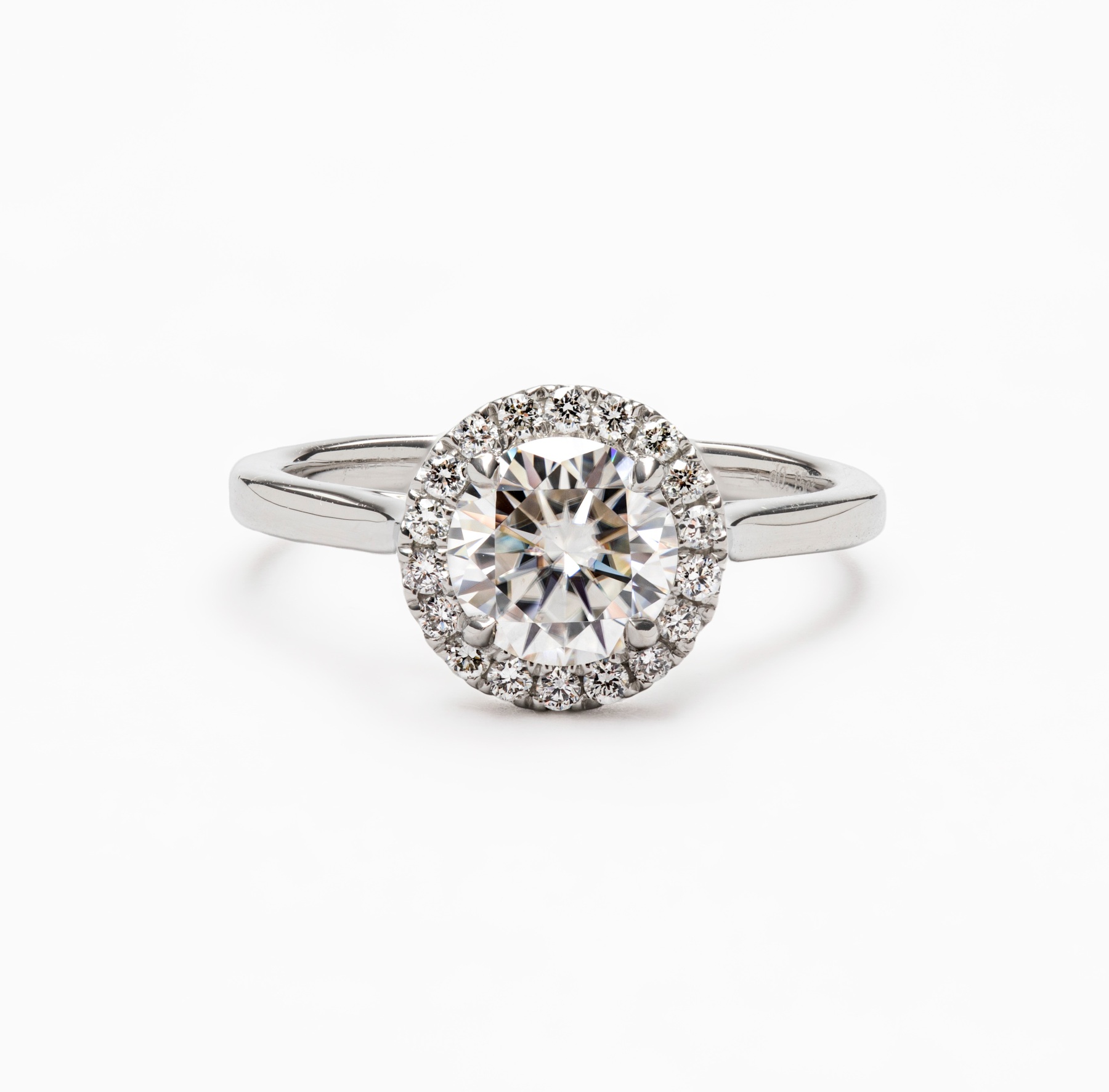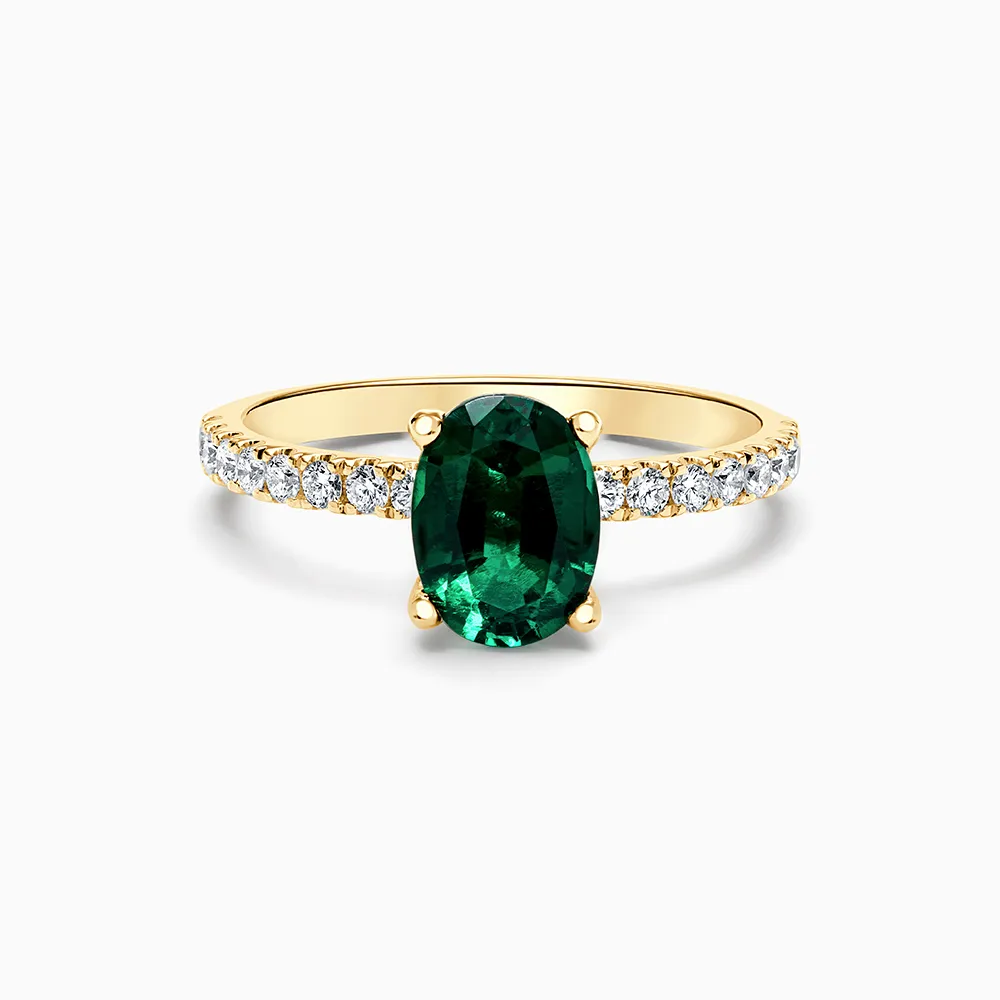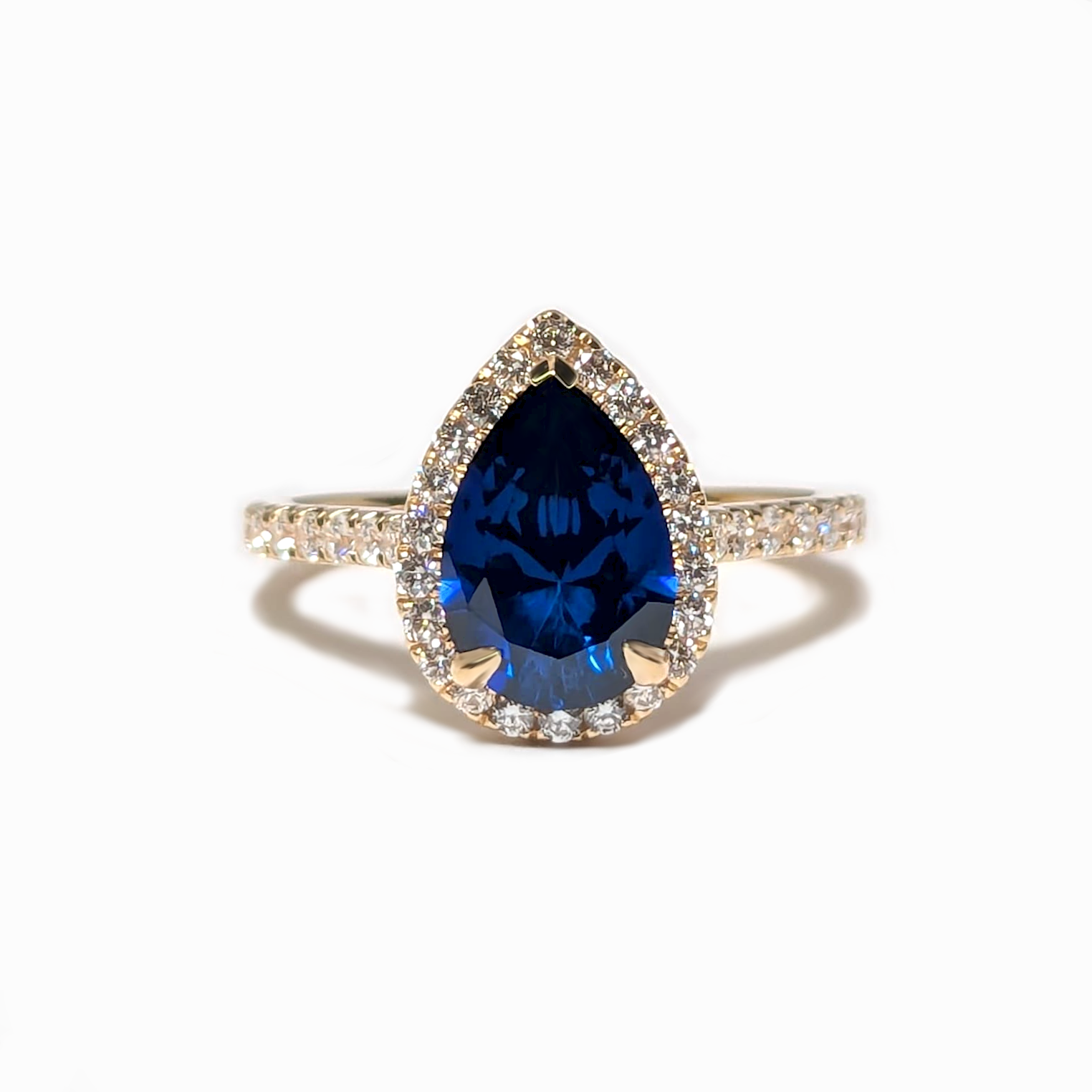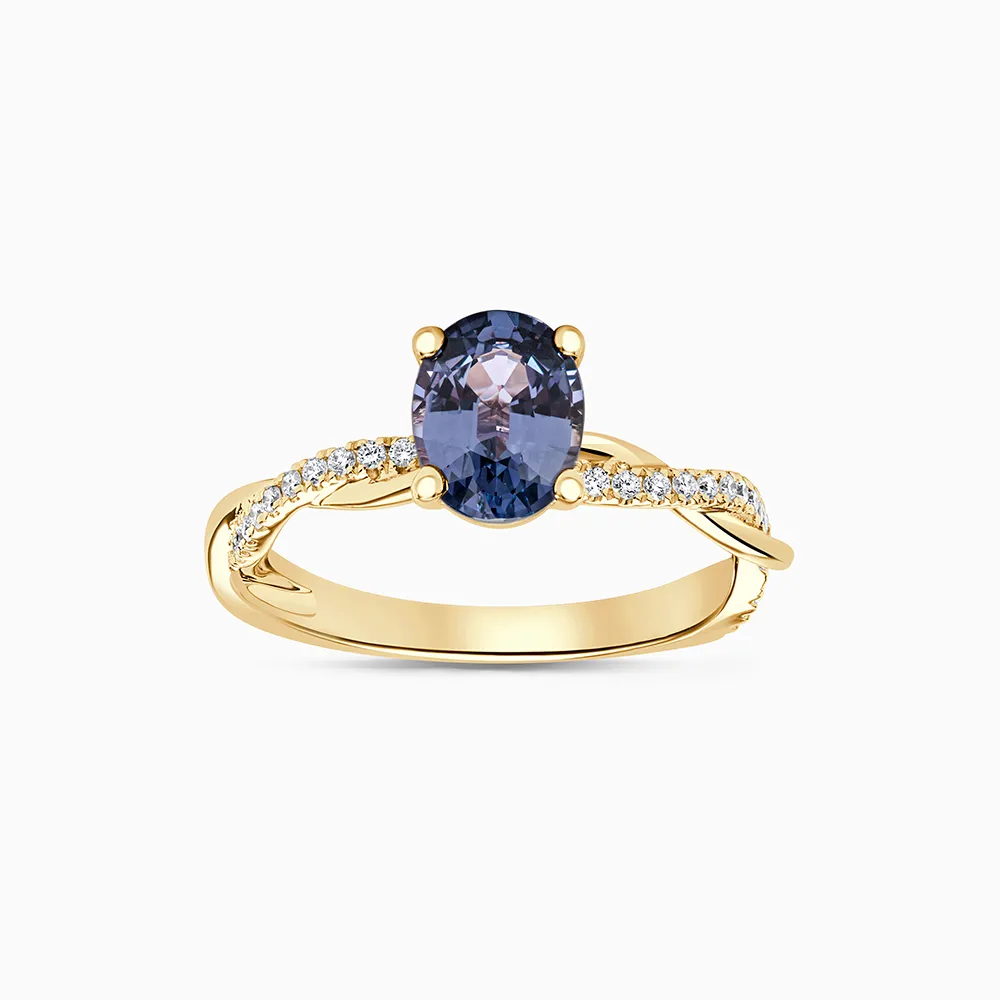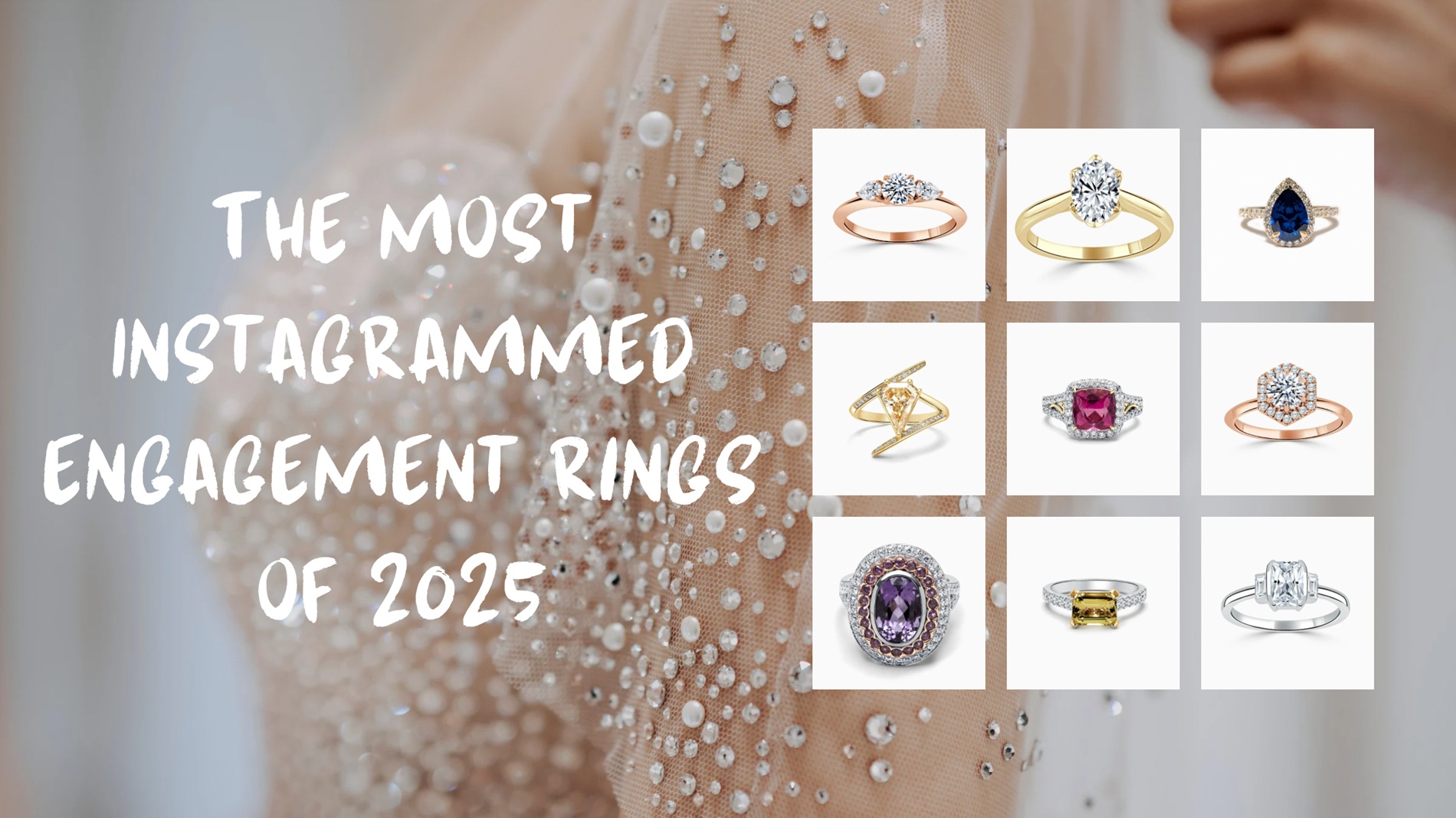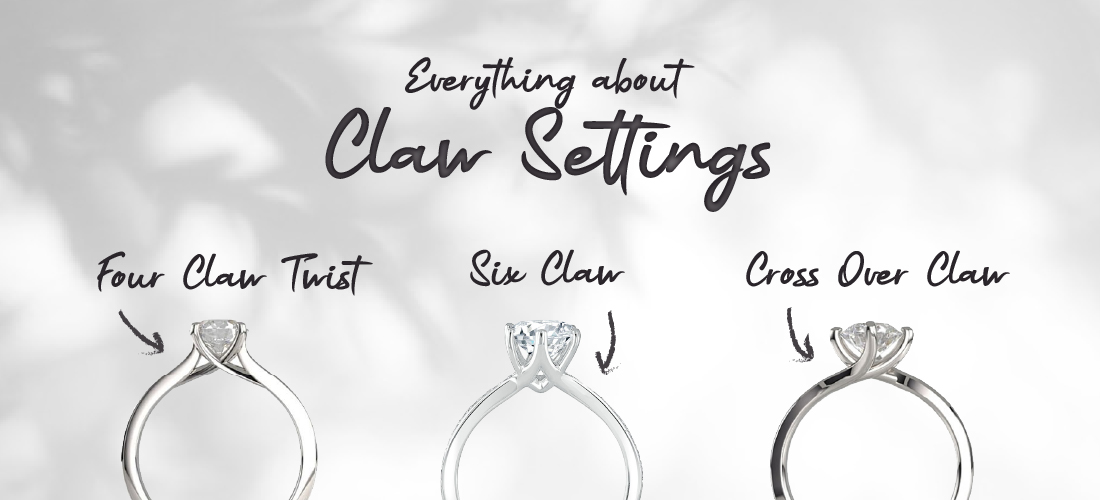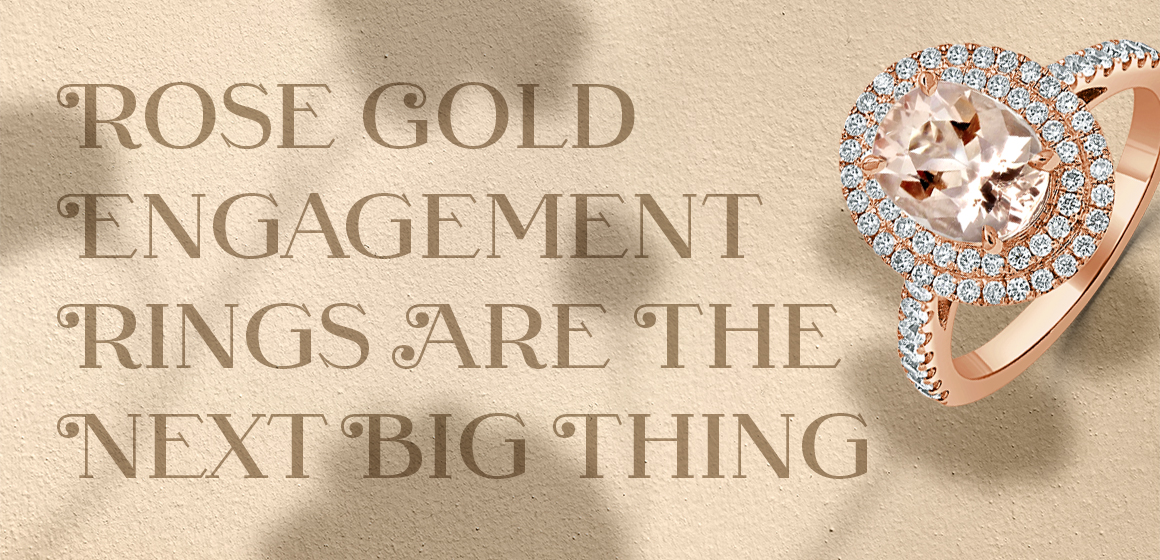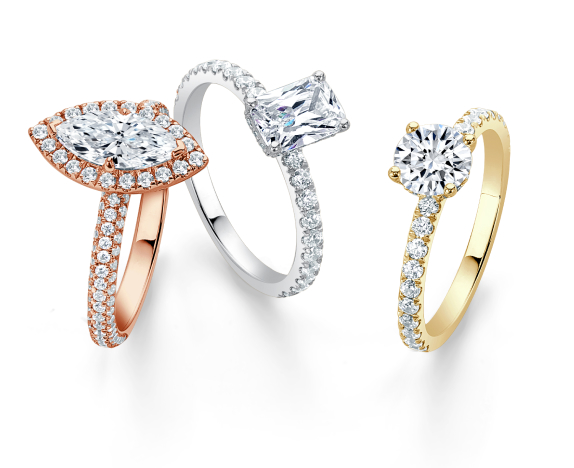Around the world, millions of people are making a conscious effort to be more sustainable in their everyday lives. From the basics like switching plastic for paper, choosing to shop local, and steering clear of fast fashion, being more mindful can really help make a difference. But how can we be more ethical when it comes to our jewellery?
If a jeweller is making an effort to be sustainable, they’ll seek out a particular stone for each and every ring. At Steven Stone, we offer a bespoke service by selecting gemstones for each unique design, which as a result, minimises wastage. As a result, you might not get a next day delivery service, but you will get a diamond that’s been chosen with care.
We are able to trace each stone back to its exact source to give our shoppers the certainty that it has not been mined from an area of conflict.
If you’re keen to purchase a natural diamond but are worried about where the stone has been sourced, here are a few questions to ask your jeweller.
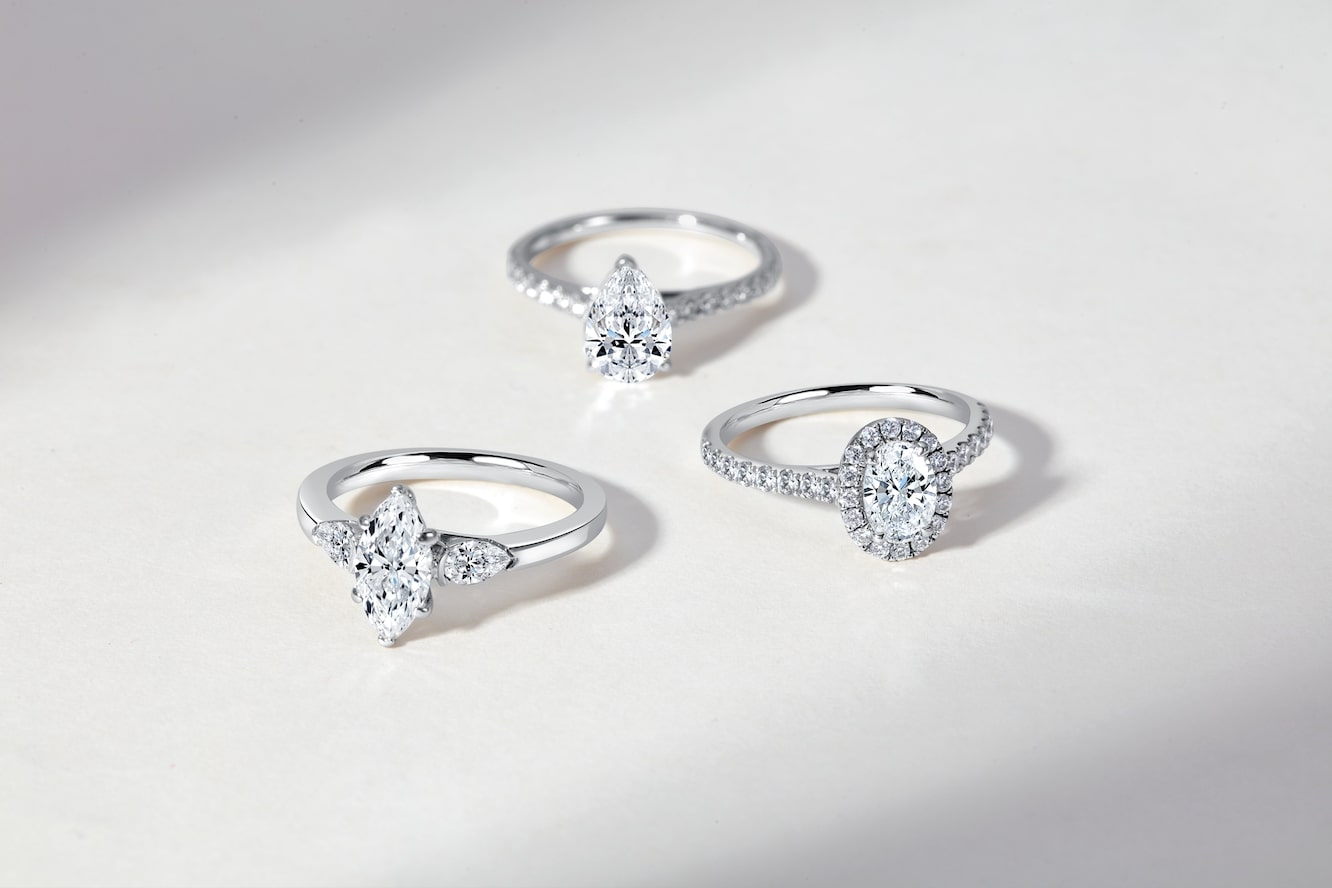
Is the stone Fairtrade?
Even if your diamond hasn’t been sourced from an area of conflict, many precious stones are still cut and polished in poor conditions by labourers who are paid well below the minimum wage. Make sure to ask your jeweller if the stone is fair-trade, and find out more about the source of the stone’s journey.
A GIA certificate authenticates the ethical origin of a diamond. Steven Stone partners with the GIA because of its impartiality when analysing and grading gemstones. A certificate is vital when considering the purchase of loose diamonds, diamond jewellery and engagement rings.
“The reality of diamond and gold mining is that many materials are sourced by artisanal miners. These are local people working independently or on a small and unregulated scale, often using hand tools and manually intensive methods. These workers live in abject poverty and are often subject to unacceptable working conditions.
We always strive to go above and beyond the usual industry standards by donating to schemes concerned with stopping the flow of ‘blood diamonds’, such as the Diamond Development Initiative (DDI). By only selling diamonds certified by the GIA, we can also ensure that our stones are conflict-free as they adhere to the Kimberley Process Certification Scheme.”
Zack stone, managing director, steven stone
Is the metal either Fairtrade or recycled?
Make sure you do your research on a jeweller beforehand to find out whether they’re fully certified with Fairtrade practices.
Gold that’s certified to Fairtrade standards provides miners and communities with a better standard of life, so make sure your jeweller sources its gold from one of the four Fairtrade certified mining organisations in the world: MACDESA, AURELSA and SOTRAMI in Peru, and SAMA in Uganda.
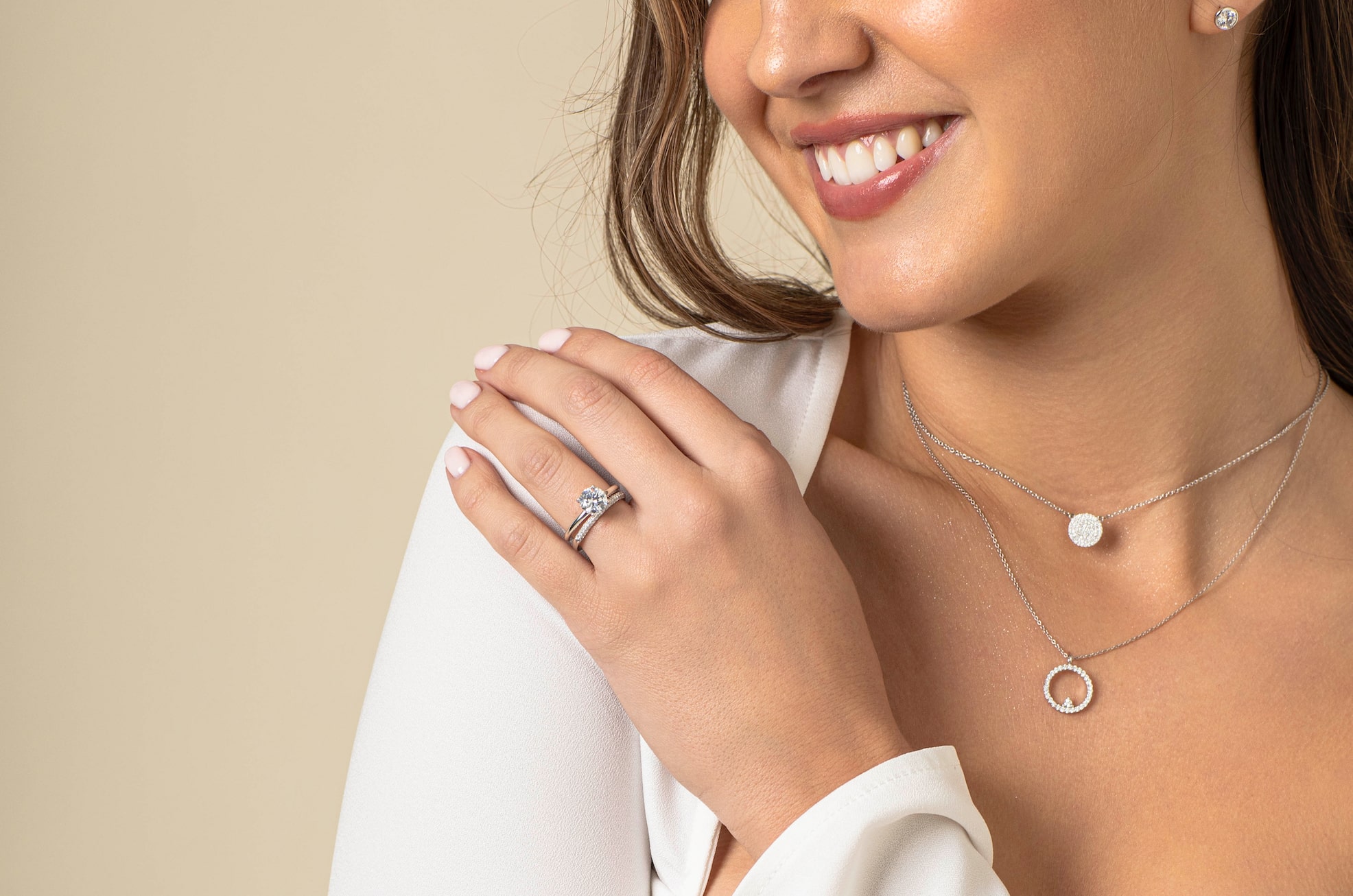
If you’re still unsure, you could consider reworking a vintage piece of jewellery or using a stone from a family heirloom for your engagement. Not only will this give your ring a sentimental meaning, it will also help to avoid the risk of using conflict stones in the process.
“Our recycled gold and platinum offer the same exceptional quality as newly mined metals – without the environmental impact. By choosing recycled materials, you’re helping to reduce the harmful effects of traditional mining.
We source our recycled metals from a trusted refinery that collects gold and platinum from a variety of post-consumer sources, including existing jewellery. These metals are then expertly refined back to their purest form, ready to shine once again.”
zack stone, managing director, steven stone
Should I choose a lab grown diamond?
Lab grown diamonds are also are great alternative to natural diamonds, as there is no need to worry about the source of the stone.
Under a microscope, you would struggle to tell the difference between a lab-grown diamond and something that grew naturally in Africa or Russia. This is because they share the same chemical composition, optical properties and hardness as mined diamonds.
Lab grown diamonds are made up of actual carbon atoms, arranged in the same characteristic diamond crystal structures as natural diamonds.
As making a diamond in a lab is less energy intensive than mining it, prices of jewellery involving lab-grown diamonds are at least 30% less than those featuring mined diamonds.
Beyond Diamonds
When it comes to ethical engagement ring stones, diamonds aren’t your only choice.
Lab-grown gemstones – like sapphires, emeralds, and rubies – are becoming increasingly popular. Couples love that they can choose a stunning, high-quality gem without the environmental impact or ethical concerns often associated with traditional mining.
If you’re looking for some jewellery inspiration, why not take a look at our full collection? Whether you’re after a necklace or some diamond earrings, we’ve got you covered. We also have a vast range of engagement and wedding rings.
If you don’t see anything that takes your fancy, we also offer a bespoke service, where our designers will create a unique piece of jewellery that ticks all the boxes.
Follow us on our socials
Pop over to our social platforms to keep up to date with Steven Stone’s latest jewellery content and news.
